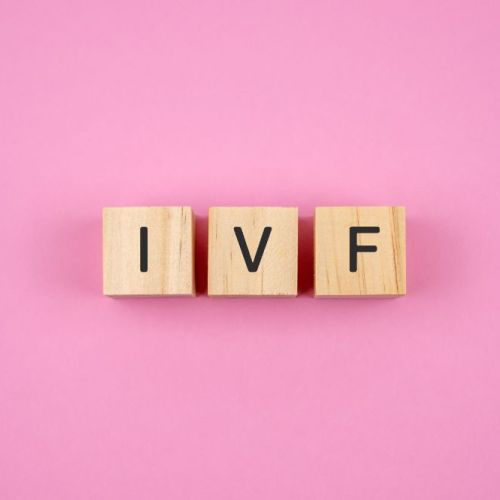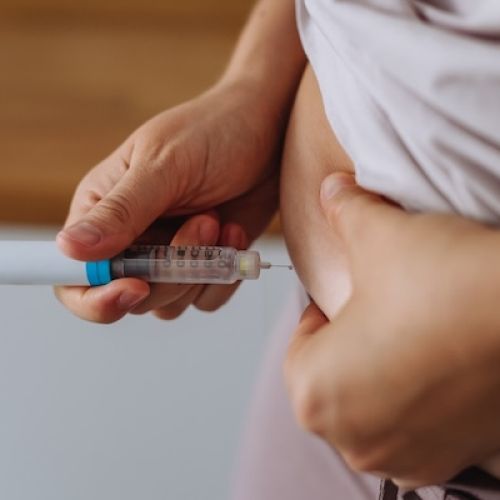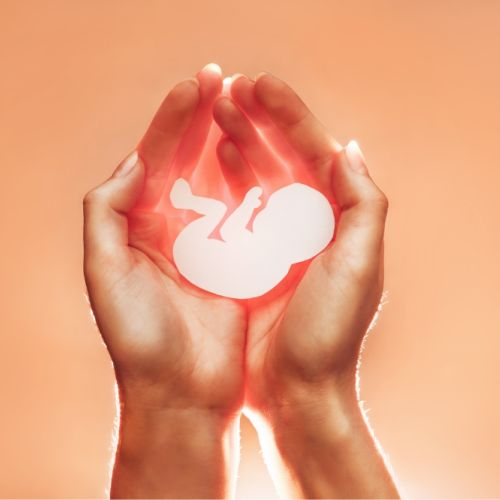How Often Does IVF Fail?

In vitro fertilization (IVF) offers hope to infertile couples who desperately want a baby. The process requires a lot of physical, emotional, and financial commitment, so it’s important to enter into it informed.
How your IVF cycle goes depends on many factors, and the rate of failure in any one given cycle is high.The majority of couples who commit to multiple cycles do go on to have a baby.
In vitro fertilization remains the treatment of choice when other less-invasive methods fail. At the California Center for Reproductive Health, fertility specialists Eliran Mor, MD, and Irene Woo, MD, guide you through the process and do everything possible to help you experience a successful pregnancy.
Some perspective
In any given month, the odds of getting pregnant naturally for a healthy, fertile couple is just 15-25%. The odds are even less if the woman is older than 30, you don’t have a lot of sex, or if the woman’s cycle is irregular.
First IVF cycle success rates
Research has shown that women undergoing their first IVF cycle had about a 25% chance of having a live birth. Other research shows that 33% of couples have a baby as a result of their first cycle.
Benefits of multiple IVF cycles
The chance of having a live birth as a result of IVF rises to 54-77% by the eighth cycle. That’s a lot of cycles, however.
It’s a good idea for a couple to be prepared to commit to at least three cycles of IVF to hopefully achieve pregnancy. By undergoing three cycles, meaning ovarian stimulation, egg recovery, insemination, and embryo placement, a couple raises their chances to 45-53% of a live birth.
If you do go through IVF failure, we do everything possible to determine why, and we offer solutions for the next round. Advanced diagnostic tests help give us an idea of how well future attempts will go and help us identify correctable problems with the woman’s uterus or reproductive organs.
Factors that may affect your IVF success
The age of the woman is a key predictor of the success of IVF. The older a woman is, the less successful IVF may be. If you’ve been pregnant before and carried a baby to term, your chances of getting pregnant with IVF improves.
The reason for infertility is also a factor affecting IVF success. If you have structural problems, like uterine abnormalities or fibroid tumors, it inhibits implantation of the embryo, making IVF less likely to succeed. You can undergo surgery to resolve some structural problems, making pregnancy possible.
If the woman has been diagnosed with ovarian dysfunction, IVF success may be less likely if you choose to use your own eggs for IVF. You may have greater success by opting for healthy donor eggs. We can help you determine if this is a good decision for you.
Lifestyle factors also influence the success rate of IVF. Cigarette smoking has serious consequences for both men and women. Being overweight (or obese) also has a strong impact on IVF success rates.
Each couple’s infertility journey and IVF process is different, so it’s really best to schedule time to meet with one of our doctors at the California Center for Reproductive Health to discuss your options. We can compassionately and confidently guide you to the best approach when it comes to growing your family.
Call one of our offices in Encino, Valencia, Alhambra, and West Hollywood, California, or use the online tool to set up a consultation.




